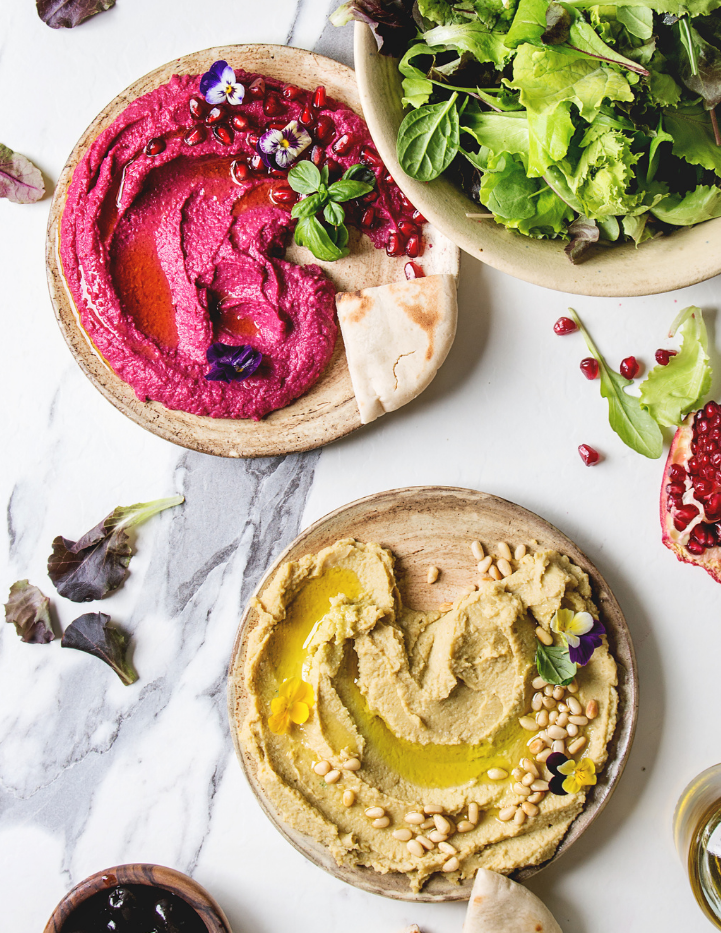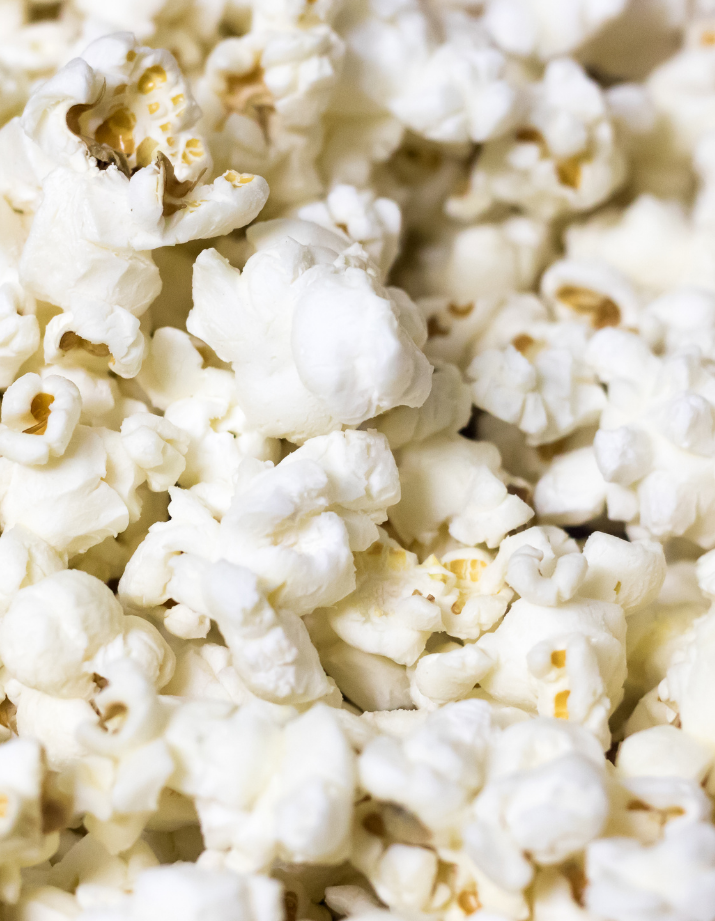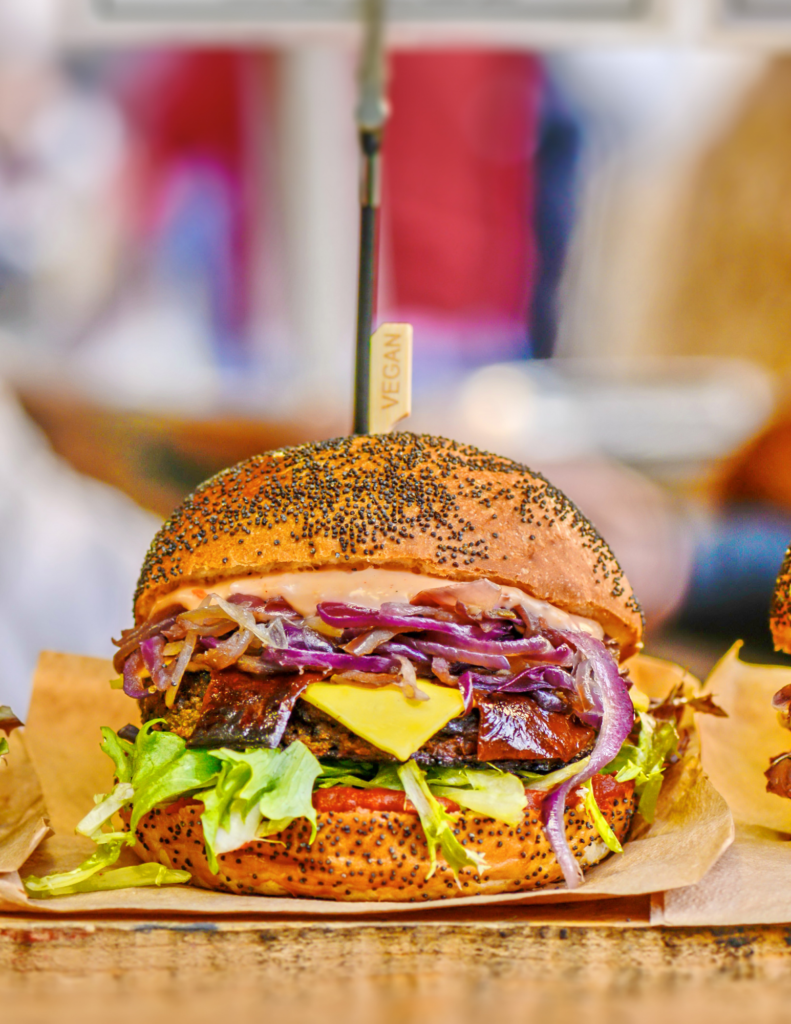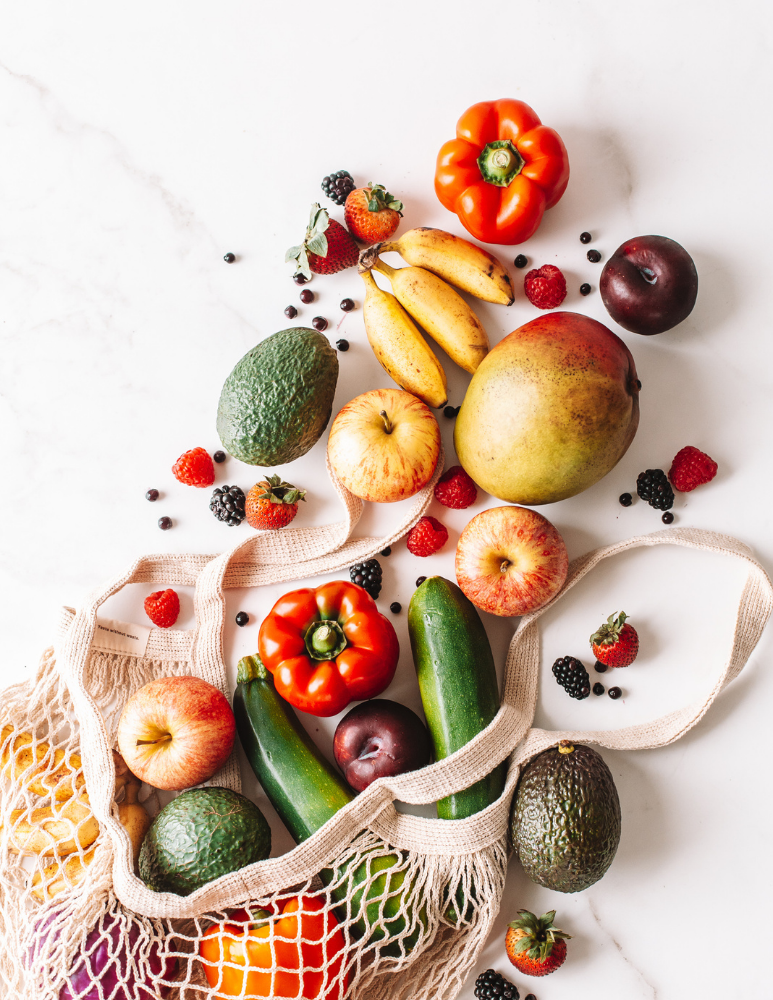You’ve just gone vegan and walked into your local grocery store sans vegan grocery list. What do you do? Panic, fill your basket with all the tofu, and hope for the best?
No! Shopping as a vegan is actually pretty straightforward, although it can be a bit overwhelming for a newbie.
Luckily, plant-based shopping simply means spending a little time planning and familiarizing yourself with the many foods that are better for your health and kinder to the animals and planet.
In our ultimate vegan grocery list, we have taken away all the planning, leaving you with a complete list of foods that are vegan, nutritious, and delicious. From muscle-building proteins to health-promoting veggies, this is all you need!
Check out our free printable PDF to make life easier!
Table of contents

How to Use This Vegan Grocery List
You may not want to buy all this stuff in one go – that would probably be a big bill! You would also end up wasting some of the fresh food as it may turn bad before you get to use it.
Instead, buy long-lasting pantry items like canned goods, dried fruit, spices, and grains in one go, then purchase fresh produce (vegetables, fruit, meat alternatives, etc.) when your weekly recipes demand them.
This will save you money and make your first shopping trip less overwhelming!

Vegetables
Vegetables should be the first thing on any good vegan grocery list. When shopping for vegetables, keep in mind ‘eating the rainbow’.
You should buy a wide range of colored vegetables including:
- Reds (beets, red peppers, tomatoes, radishes)
- Oranges and yellows (carrots, butternut squash, yellow and orange peppers)
- Dark greens (leaves like kale, spinach and collard greens, and vegetables like broccoli and asparagus)
- Purples (purple cabbages, purple carrots, eggplants)
- Whites (onions, garlic, cauliflowers, mushrooms)
Fresh organic produce is the best, but this is not always affordable or practical.
Therefore, buy as much fresh veg as you need for upcoming meals, then have frozen or canned extras (like canned tomatoes, frozen green beans, and canned corn) on hand for when you need them.

Fruits
Our fruit guidance is similar to what we recommend for vegetables: it is smart to eat a wide variety of colors and types to hit the entire spectrum of vitamins and minerals.
Fresh organic fruit is always the tastiest and healthiest, although aim to buy fruit that is in season. Buying frozen or canned fruit is also ok as a backup.
If you are limited on choice, go for berries like blueberries, raspberries, and strawberries for a great antioxidant hit.
Tropical fruits are a pleasure to eat and great for digestion. Citrus fruits like oranges, lemons, limes, and grapefruit are high in vitamin C, fiber, and heart health-promoting flavonoids.
Of course, you cannot beat a banana, apple, or pear for a quick snack! On the subject of snacks, don’t forget about dried fruit like raisins, apricots, and figs. These can be useful for recipes and are perfect for a tasty high-energy snack on the go. Keep in mind they are higher in calories and sugar than fresh fruit!

Legumes
Legumes are a cornerstone of any good plant-based diet, providing protein, carbs, and fiber (not to mention tons of micronutrients) to each meal.
Save money by buying bulk bags of dried legumes like chickpeas, lentils, and beans, then soak them at home when you are ready to cook with them. For convenience, buy some canned legumes too.
We class soy products such as tofu and tempeh as a legume. These foods are vegan staples and protein powerhouses.
Tofu can be made into everything from savory dishes like Pad Thai to sweet treats like this Vegan Chocolate Mousse. Tempeh can also be made into delicious recipes like this Vegan Indian Curry. Always have tofu and tempeh in your fridge!

Grains
Grains are another staple to add to your vegan grocery list, and are a prime source of healthy carbohydrates. They are also cheap, filling, and last for ages in your pantry.
Stock up on grains like brown rice and quinoa, which go great as components to a main meal like a curry, chili, or stir-fry.
Oats and wholegrain bread are an essential part of breakfast. Don’t forget things like couscous and pasta, which can be the main ingredient in many recipes, like our Vegan Alfredo Fettuccine.

Nuts and Seeds
Nuts and seeds are versatile foods and perfect additions to your pantry. They make good snacks, easy salad toppers, and wholesome smoothie boosters.
While you can enjoy nuts and seeds on their own as a high-energy snack, you will also find use for them in recipes, such as our Vegan Pecan Pie.
These foods last for months, they taste great, and are incredibly nutritious – full of protein, healthy fats, calcium, zinc, magnesium, and iron.

Herbs and Spices
Now we come to the fun side of things! Herbs and spices are what make recipes so delicious – and there are tons to stock up on. So don’t skip these when putting together your vegan grocery list!
Green herbs like parsley, cilantro, basil, thyme, sage, and mint are fresh and aromatic. These are always best fresh (especially as garnishes), but dried herbs also work very well in recipes.
Then come spices that add depth and warmth to curries, chilis, and desserts. These include turmeric, cinnamon, nutmeg, ginger, and curry powder. You can turn up the intensity with paprika, cayenne, and chili powder!
Of course, don’t forget good ol’ salt and pepper – most savory recipes demand this dream team!
If you want to make things even easier, try adding spice blends to your cupboard! Things like taco seasoning, jerk seasoning, Indian spice blends, etc.

Baking
If you have spent any time on the Healthiir blog, you know we are enthusiastic about baking (perhaps that’s an understatement…)!
To make cakes, pies, and everything else, you’ll need a variety of flours (oat, almond, etc.), as well as leavening agents like baking soda and yeast.
Vegan baking also demands some extra ingredients in lieu of dairy milk, butter, and eggs. Things like applesauce and ground flax-meal are essential egg replacers. Sugar, dates, syrups, and monk fruit are all commonly used sweeteners.

Flavorings
For both sweet and savory dishes, flavorings are essential. There is some crossover here with other sections – such as herbs and spices – yet pay attention to goods like apple cider vinegar, oils, and miso.
Of course, never forget nutritional yeast – better known as ‘nooch’. You will soon be addicted to these delightfully nutty cheesy flakes, which are packed with B vitamins.

Dips and Sauces
Whether you are making vegan pizza, tacos, or French fries (AKA fallback choice for any vegan when dining at a non-vegan restaurant!), then a dip or sauce is essential.
Tomato ketchup, vegan mayo, and BBQ sauce go so well with a variety of cuisines. Hot sauce, salsa, and guacamole are a crucial addition to any Mexican dinner.
Meanwhile, hummus is life for many vegans, and can be used as a dip or spread. You can make your own (like we do in this hummus recipe or this roasted beet hummus recipe) or buy pre-made for convenience.

Snacks
If you buy the other items on this vegan grocery list, then you will already have some excellent snacks. But there are plenty of other choices to satisfy your cravings, whether sweet or savory.
Of course, grocery stores now supply loads of veganized processed snacks, candies, and chocolates. But if you want to go for something healthier, stick to our list.
Keep things like tortilla chips, popcorn, crackers, roasted chickpeas, and veggie chips in your pantry if you want something a little salty.
As for a sweet treat, choose things like granola, dates, or dark chocolate.

Dairy Replacements
Most grocery store fridges are now well-stocked with a wide range of dairy replacements, which are perfect for use in coffee, cereal, and recipes.
We love oat milk as it is the most versatile and environmentally friendly, but choose soy or pea milks for higher protein contents. Check out our guide to the best plant-based milks to learn more about all the options!
Vegan yogurts are another excellent fridge addition for both snacks, garnishes, and recipes. You can also find vegan creams (like coconut cream), which work well for baking.
If you are a cheese addict, there are plenty of vegan cheeses available. Not all of these are particularly healthy, but if you shop wisely and eat them in moderation, you can enjoy them guilt-free. Our favorite go-to brand is Miyokos!
If you love a little ice cream at nighttime, fear not! There are so many vegan ice creams to choose from, some healthier than others. Check out our guide on the best vegan ice cream brands to see our favorites!

Meat Replacements
While tofu and tempeh can replicate meat in dishes like curries and stir-fries, sometimes you just can’t beat a good meat replacement.
Seitan is our favorite as it is absolutely packed with protein, very meaty, and relatively unprocessed – just don’t eat it if you are gluten intolerant as it is made from wheat gluten!
You can buy ready-made meat replacements, too. Just like vegan cheeses, meat replacements are not always healthy, and you will run into preservatives, fat, and salt.
Still, they are often tasty and high in protein, and are fine when eaten in moderation. Go for fresh or frozen burgers, sausages, and nuggets to suit your tastes.

Beverages
Finally, we come to something to wash down all that lovely food – a good vegan beverage!
Most non-alcoholic drinks like soda, sparkling waters, hop teas, fruit juices, and veggie juices are vegan, although always double-check the labels.
Alcoholic drinks are tricky as some contain animal products. You may find things like isinglass (a fish byproduct), gelatin, or lactose in some beers, and many wines use a range of non-vegan fining agents.
If in doubt, check the label, but there are just as many vegan drinks to enjoy these days.
Cheers!
Do you have any other staple items you always add to your vegan grocery list? Let us know!

